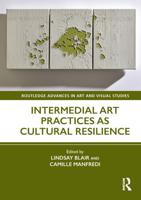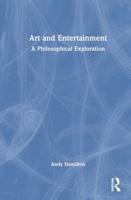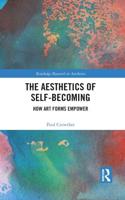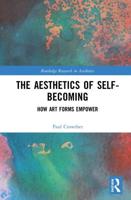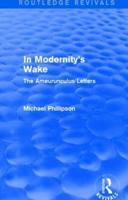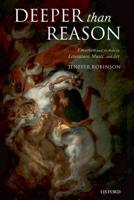Publisher's Synopsis
Philosophers have discussed art - or artistic practices such as poetry - since ancient times. But systems of art and entertainment appeared only in the modern era - in the West, during the 18th and 19th centuries. And philosophers have largely neglected the concept of entertainment. In this book Andy Hamilton explores art and entertainment from a philosophical standpoint. He argues, against modernist theory, that art and entertainment are not opposites, but form a loosely connected conceptual system. Against postmodernism, however, he insists on their vital differences.
Hamilton begins by questioning the received modernist view, examining artist-entertainers including Jane Austen, Charles Dickens, Louis Armstrong and Billie Holiday. Entertainment, he argues, is by nature audience-centred - but so is art, in a different way. Thus while art should pass the test of time, entertainment must pass the test of its own time - it has to entertain at the time it is produced. Art and entertainment are inter-dependent concepts, and must be understood together with other aesthetic concepts including criticism, genius, canons and design. These concepts form the subject of later chapters of this book, where Hamilton develops a meritocratic position that is neither elitist nor populist. He also addresses the contemporary charge of cultural appropriation, and qualifies it.
An innovative feature of the book is the inclusion of dialogues with artists, critics and academics that help to recast or reformulate the debate. Art and Entertainment: A Philosophical Exploration is essential reading for those working in art and aesthetics, and will also be of interest to those in related disciplines such as cultural studies, music and film studies, with an interest in entertainment.




